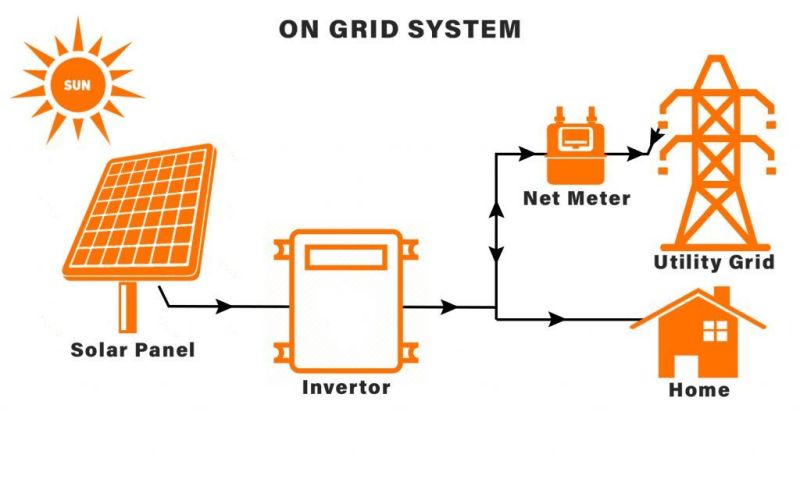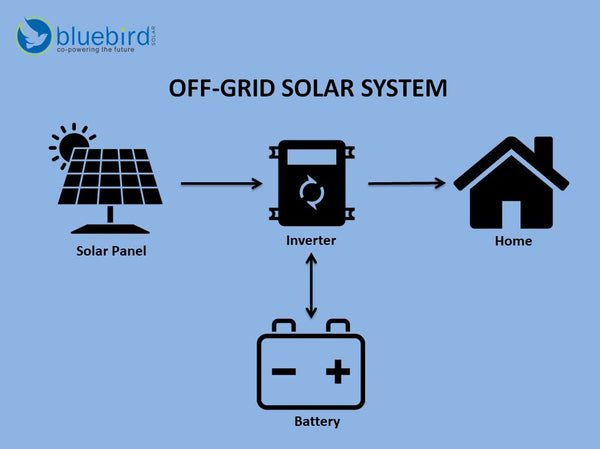Solar Energy Systems for Homes in the UAE
The UAE, known for its impressive strides in innovation and sustainability, is increasingly turning to solar energy as a viable solution for powering homes. With over 3,500 hours of sunshine annually, the country is ideally positioned to leverage solar energy systems. These systems offer a practical and eco-friendly way to generate electricity, significantly reducing energy costs and environmental impact.
The Benefits of Solar Energy Systems
Solar energy systems provide multiple advantages for UAE homeowners. Primarily, they reduce electricity bills by enabling households to generate their own power. This is especially valuable in the UAE, where air conditioning and cooling systems consume substantial energy during the long, hot summers. Solar systems can mitigate these costs by producing electricity during peak sunlight hours when energy demand is highest.
Additionally, solar energy systems contribute to reducing greenhouse gas emissions. By lessening dependence on fossil fuels, they help combat climate change and support global sustainability efforts. For homeowners, this means not only a financial benefit but also the satisfaction of contributing to a cleaner, greener future.
Moreover, solar panels require minimal maintenance, making them a low-hassle investment. Once installed, most systems operate efficiently for 25 years or more, with only occasional cleaning and routine inspections needed.
Types of Solar Energy Systems
Modern solar energy systems are highly adaptable, offering solutions for diverse needs. The primary components of these systems include photovoltaic (PV) panels, inverters, and battery storage. PV panels capture sunlight and convert it into electricity, while inverters transform this electricity into a usable form for home appliances. Batteries store excess energy, ensuring power availability during nighttime or overcast conditions.
Homeowners in the UAE can choose between two main types of solar systems:
Grid-Tied Systems: These are connected to the electricity grid, allowing homeowners to use solar power during the day and switch to grid electricity when needed. Excess energy generated can be fed back into the grid, often resulting in credits or financial compensation.

Off-Grid Systems: Ideal for remote areas, these systems operate independently of the grid. They require larger battery storage to ensure a consistent energy supply and are perfect for locations where grid access is limited or unavailable.

Government Initiatives and Support
The UAE government has been proactive in promoting renewable energy adoption. Programs such as Shams Dubai, launched by the Dubai Electricity and Water Authority (DEWA), encourage homeowners and businesses to install solar panels. Under this initiative, residents can generate their own electricity and sell any surplus back to the grid, creating an additional income stream.
This initiative aligns with the UAE’s Vision 2030 and its Net Zero by 2050 strategic initiative, which emphasize reducing carbon emissions and transitioning to clean energy. Subsidies, tax incentives, and streamlined regulatory processes make it easier for residents to adopt solar energy systems, further boosting their appeal.
Cost and Affordability
The cost of installing solar energy systems has decreased significantly over the years. Advances in technology and increased competition among manufacturers have made solar panels more affordable than ever. In the UAE, a typical residential solar system costs between AED 15,000 to AED 25,000, depending on the size and complexity of the installation. While this may seem like a substantial initial investment, the long-term savings on energy bills can offset the upfront costs within a few years.
Furthermore, financing options and government-backed loans are available to make solar installations accessible to more households. These programs are designed to encourage wider adoption by reducing the financial burden on homeowners.
Environmental Impact
One of the most compelling reasons to adopt solar energy systems is their positive impact on the environment. Solar power is a clean, renewable resource that does not produce harmful emissions. By transitioning to solar energy, the UAE can significantly reduce its carbon footprint and reliance on fossil fuels.
In addition, widespread use of solar energy can improve air quality and public health. Fossil fuel combustion is a major source of air pollution, which contributes to respiratory illnesses and other health issues. Solar power offers a cleaner alternative, benefiting both individuals and the broader community.
Challenges and Considerations
Despite its many benefits, solar energy adoption in the UAE faces some challenges. High initial costs, though decreasing, can still deter some homeowners. Moreover, the efficiency of solar panels depends on proper installation and maintenance, which requires skilled professionals.
Dust and sand accumulation is another challenge in the UAE’s desert climate. Regular cleaning is essential to maintain the efficiency of solar panels. However, the low maintenance requirements of modern systems make this a manageable issue.
The Future of Solar Energy in the UAE
The UAE’s commitment to renewable energy ensures that solar power will play a key role in its energy landscape. With continued advancements in technology, solar energy systems are becoming more efficient, affordable, and accessible. As awareness grows and government support continues, more homeowners are likely to adopt solar energy, driving the country closer to its sustainability goals.
Conclusion
Solar energy systems for homes in the UAE represent a smart investment in both financial savings and environmental responsibility. By harnessing the power of the sun, homeowners can reduce their energy costs, minimize their carbon footprint, and contribute to a sustainable future. With ample sunshine, supportive government policies, and rapidly advancing technology, there has never been a better time to go solar in the UAE.
